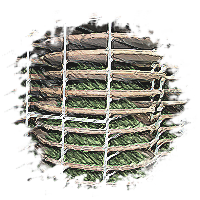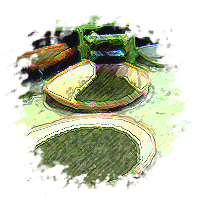The production process of Taiwan tea

Pick
There are manual picking and machine picking. Tea picking will affect the production and quality of raw materials, so machine picking is not suitable for making high-quality tea.
Sun Dried
Expose the harvested tea leaves to the sun, so that each leaf can be exposed to sunlight, promote the emission of water in the leaves, reduce its activity, and make the chemical components in the tea (especially catechins) enzymatically oxidized Cause fermentation.
Interior Dry
Move the tea leaves indoors and let the water continue to evaporate. When the tea leaves wilt, stir and rotate to make the moisture even. The tea leaves are exposed to air to oxidize and ferment. The frequency of stirring depends on temperature and humidity. Stirring has a very important effect on the quality of tea!
Machine Drying and Stir
Through the friction of tea leaves, the tea cells are destroyed, so that air can easily penetrate into the leaves and promote fermentation. After the tea leaves are allowed to stand and ferment, they will not start to fry until the tea leaves have a strong aroma to lock the taste of the tea leaves.
Roll and Knead
Kneading can destroy the tea cell tissue, make the juice flow out and stick to the surface of the tea, make the tea soup easy to dissolve during the brewing process, and enhance the aroma and taste. The method of wrapping and kneading is to wrap the tea leaves in a circle with a cloth towel, and then press and knead them with hands or a dough kneading machine to make the shape of the tea leaves firmer. In general, the tighter the shape of the tea, the less likely it is to bubble.
Simple Baking
The purpose is to fix the quality of tea, remove peculiar smell and reduce astringency. Put the tea leaves into the dryer and use the principle of hot air to dry. Make the drying even, and need to cool down repeatedly before continuing to dry. Roasted tea can improve the situation of insufficient cyanide killing, insufficient acid fermentation or high water content and peculiar smell after long-term storage.